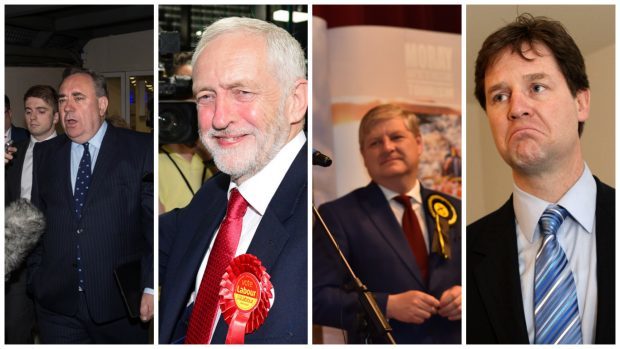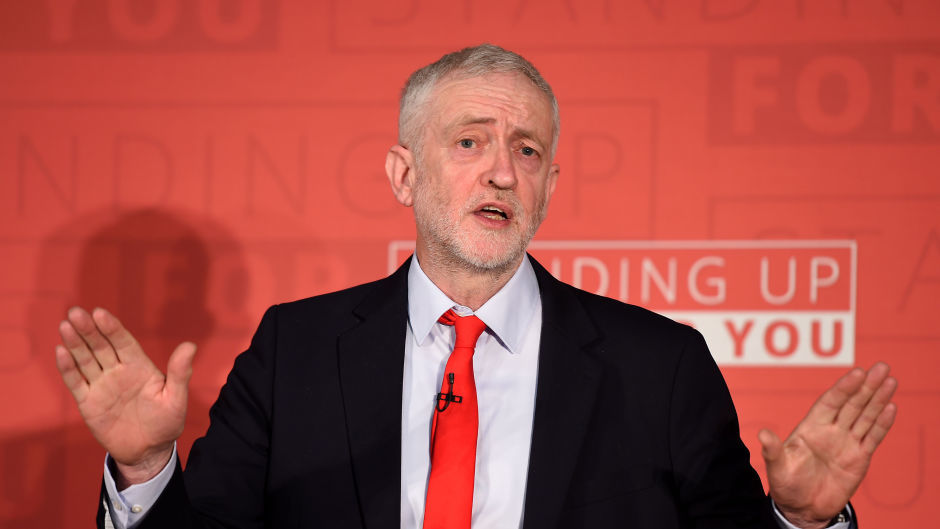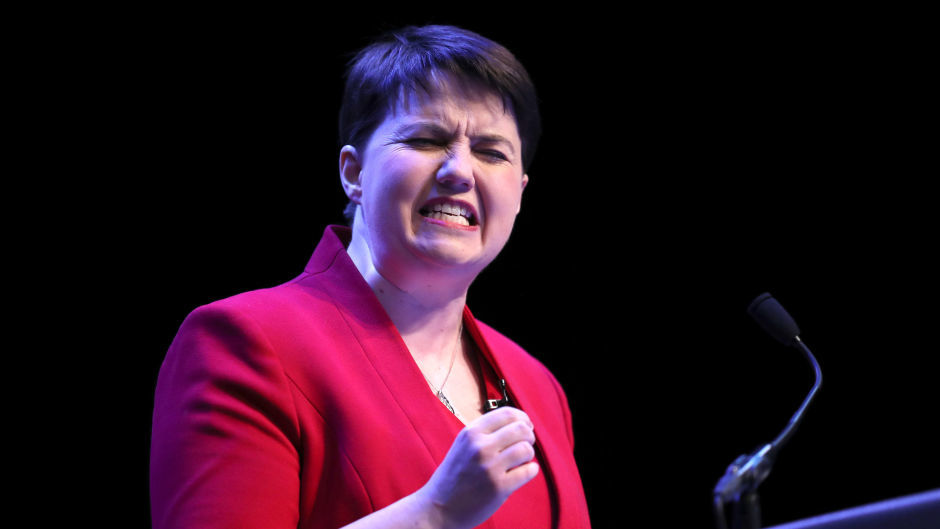As the results continue to roll in, we take a look at some of the biggest winners and losers from the 2017 general election.
Biggest Winners
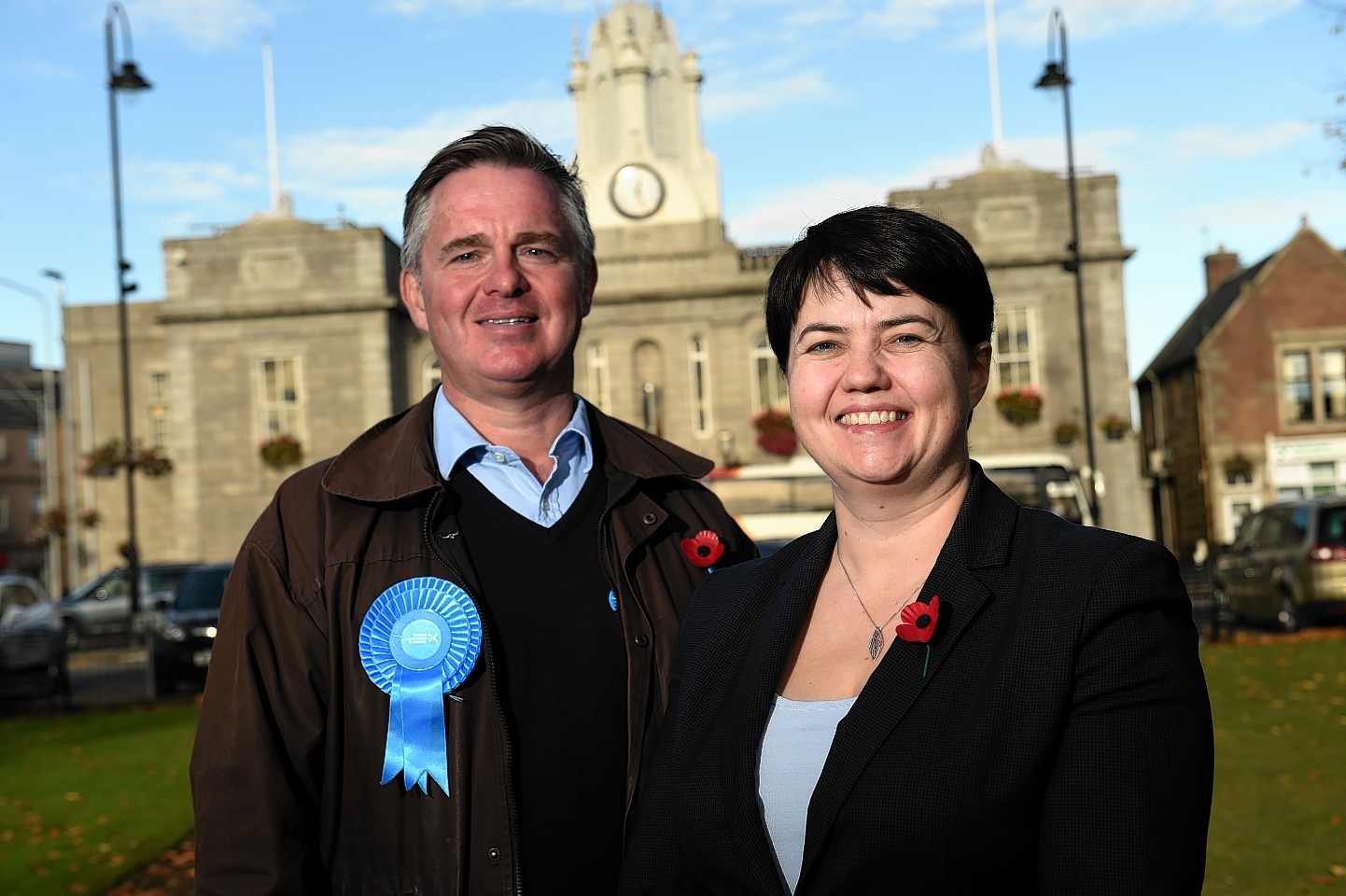
Colin Clark – Gordon
Colin Clark took one of the biggest scalps in the election after he stunned former First Minster Alex Salmond in Gordon.
The newly-elected MP finished third in the seat in 2015, but he was one of the Conservative’s biggest winners on the night.
Having secured 6,807 votes last time, he received 21,861 this year, earning him a Westminster seat at the expense of the former SNP leader.
Jeremy Corbyn – Islington
The Labour leader won big in his constituency, with over 40,000 votes.
But it’s at a national level that Corbyn has been the biggest winner, with his party outperforming all expectations.
Having regained seats in Scotland and won seats in England, it was a good night for Labour across the UK.
The Scottish Conservatives
Despite a disappointing result for the party across the UK, the Scottish Conservatives have made big gains in Scotland.
The party’s new Scottish MPs may be crucial in the Conservatives race to secure a majority.
With just one MP elected last time, the party’s Scottish politicians will now hold much more sway at Westminster.
Biggest Losers
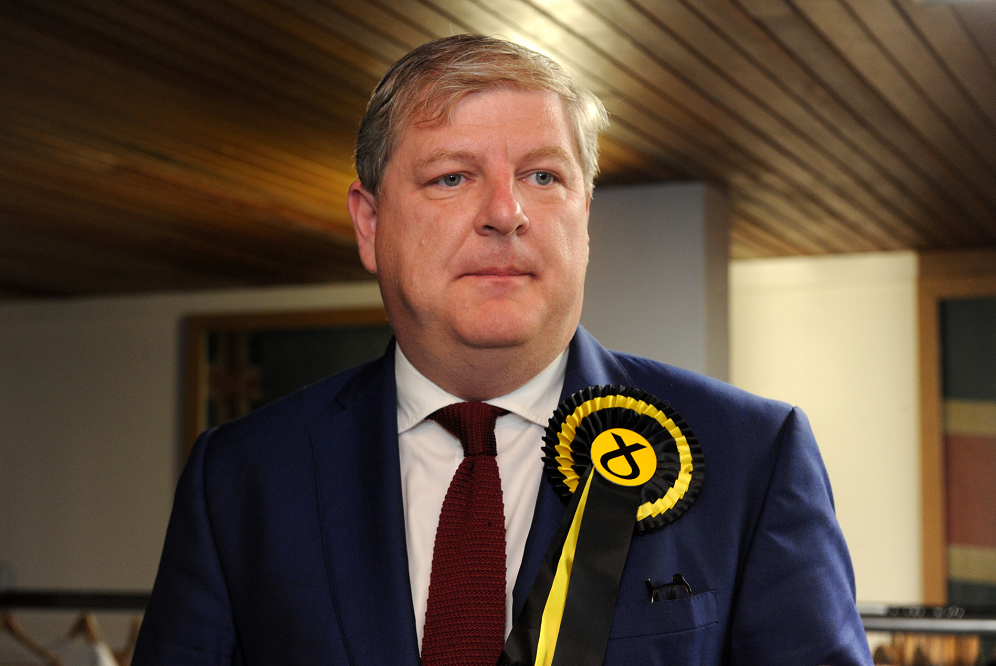
Angus Robertson – Moray
The SNP’s former leader at Westminster suffered one of the shock defeats of the evening.
In a seat which the Conservatives had hoped to secure one of the SNP’s biggest scalps, they came out on top.
The area’s MSP Douglas Ross received 22,637 votes, compared to Robertson’s 18,478.
It was a 10.7% drop in the SNP’s vote share, and a strong performance from Douglas Ross which clinched the seat.
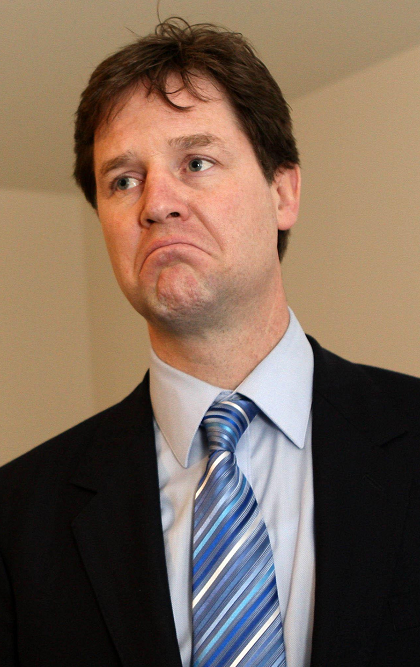
Nick Clegg – Sheffield Hallam
The former Lib Dem leader lost his Sheffield Hallam seat to Labour – a seat he had held since 2005.
He secured 19,756 votes but trailed behind Labour candidate Jared O’Mara who won 21,881.
Having been Deputy Prime Minister to David Cameron, this was a big scalp for Jeremy Corbyn’s Labour.
The drop of 5.4% in his vote share – along with an increase in Conservative and Labour’s share saw him missing out.
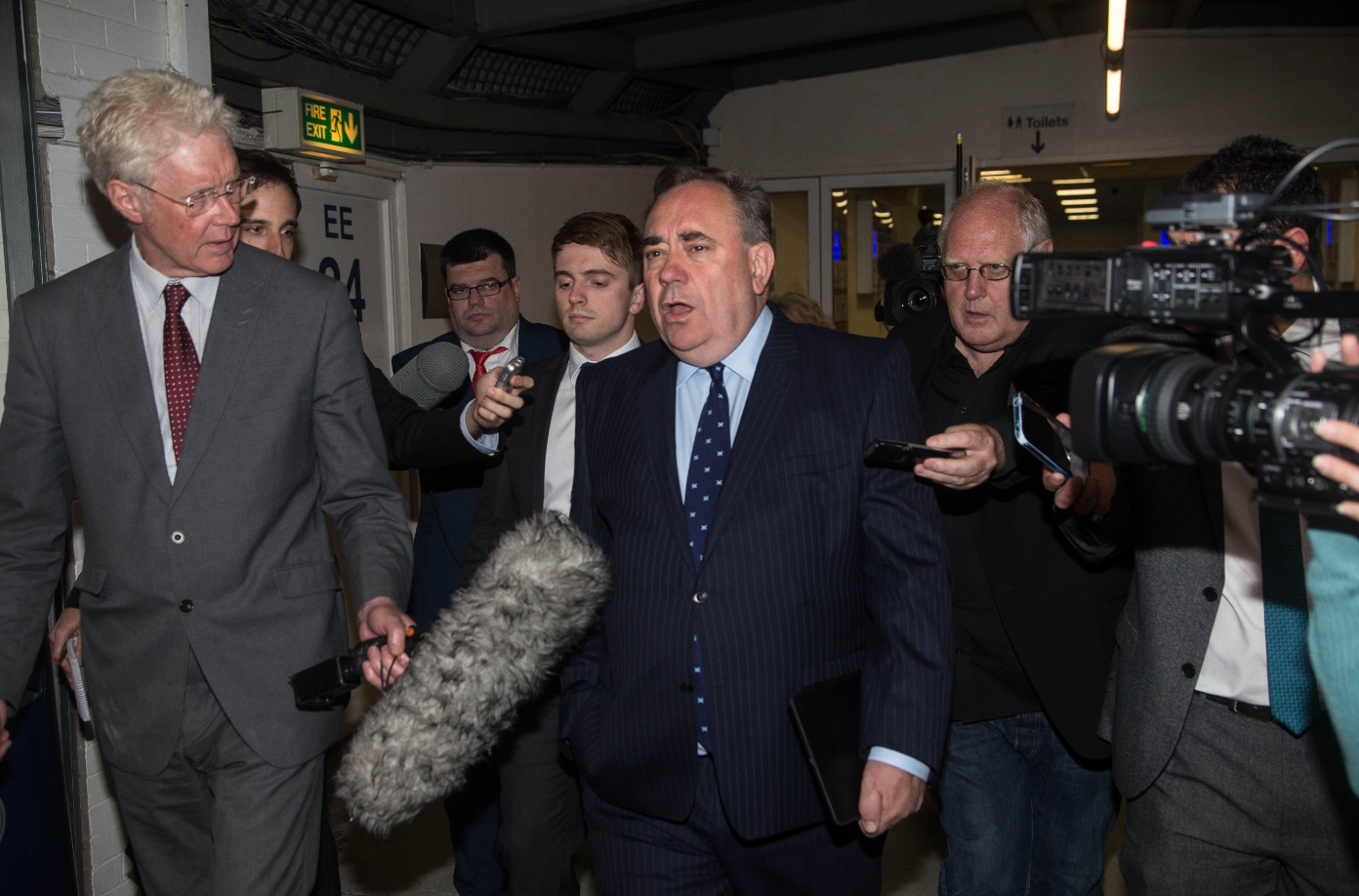
Alex Salmond – Gordon
The former First Minister suffered a shock defeat as his substantial 2015 majority was overturned by
Alex Salmond secured 27,717 votes in 2015 but
The Lib Dems finished second last time, but it was the Conservatives who posted the biggest increase in vote share to win, going from 6,807 votes to 21,861 votes.
Colin Clark was elected as Salmon’s successor.
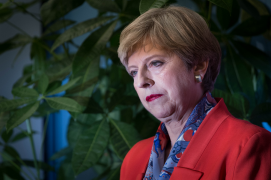
Theresa May
The former Prime Minister’s party was expected to win big, but it has been a challenging night for the Conservatives.
She will face questions over her leadership, and it remains to be seen if her party will be able to form a government.
Having let a commanding lead in the polls slip, pundits have said that her gamble may have backfired.
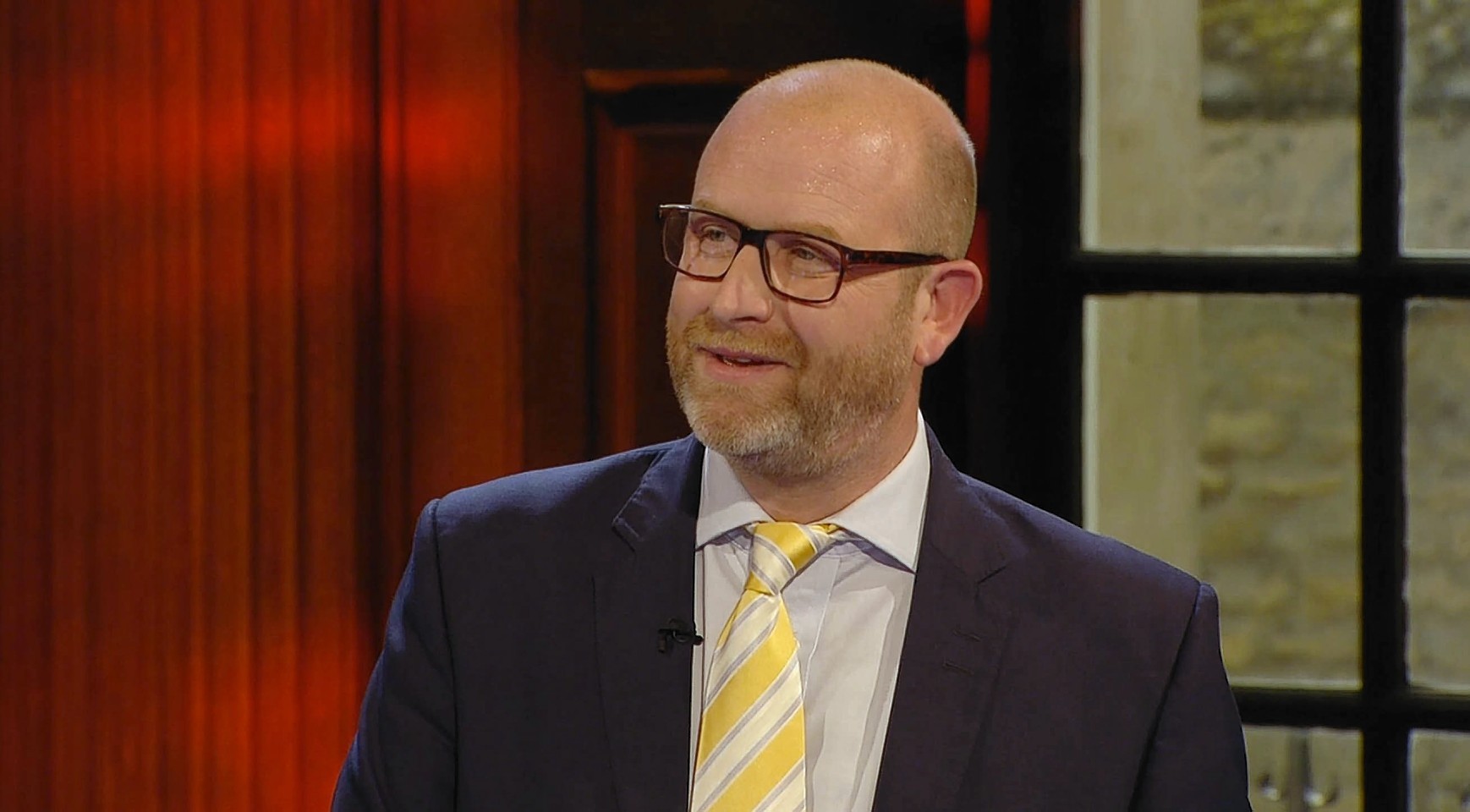
Paul Nuttal – Boston and Skegness
The UKIP leader failed to make an impact in his second attempt to get elected since becoming UKIP leader.
He finished third behind the Conservatives and Labour with just 7.7% of the vote.
He won 3,308 votes compared to the Conservatives 27,271 votes.
It has been a challenging night for his party, which has seen its vote share fall drastically on 2015’s result.
